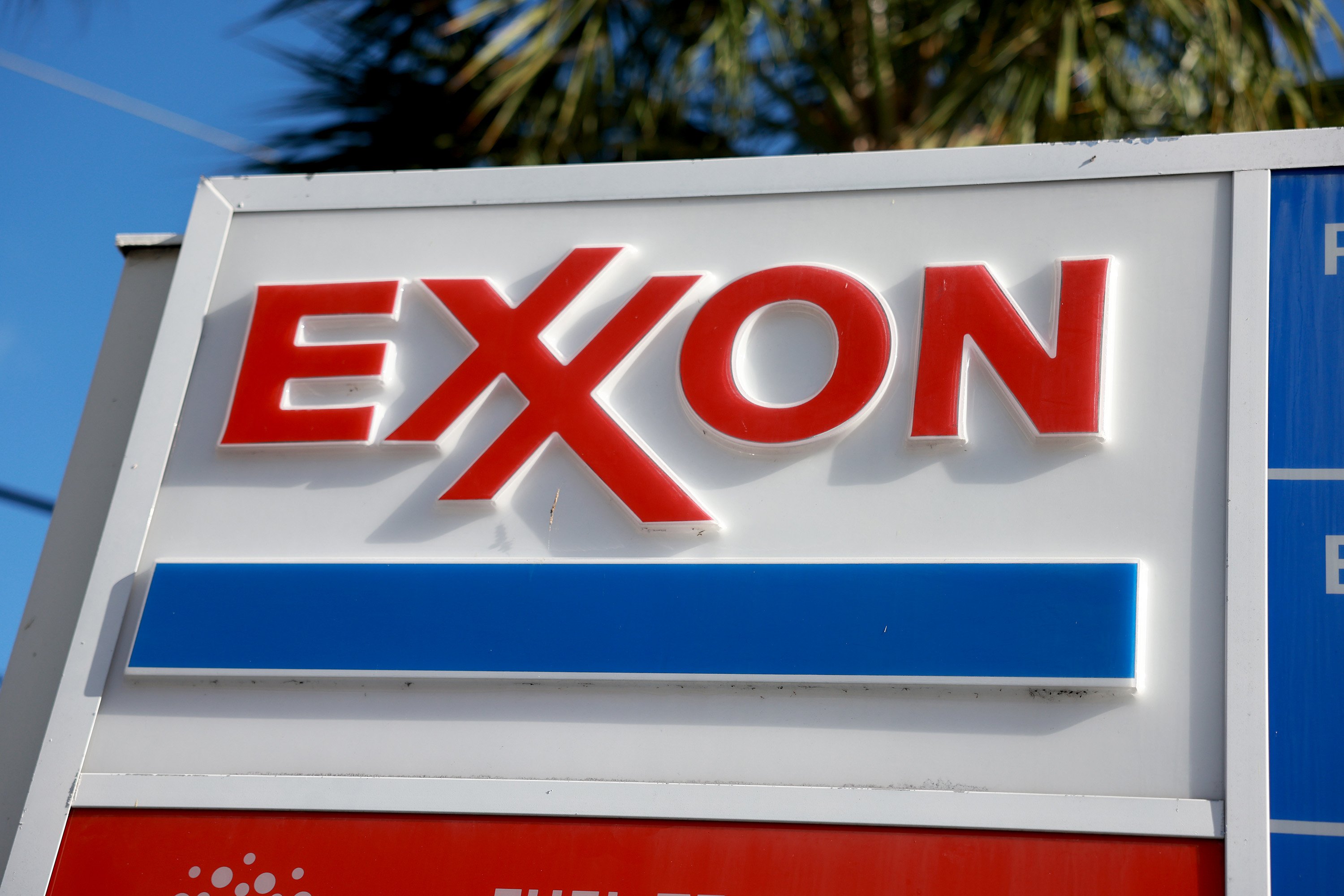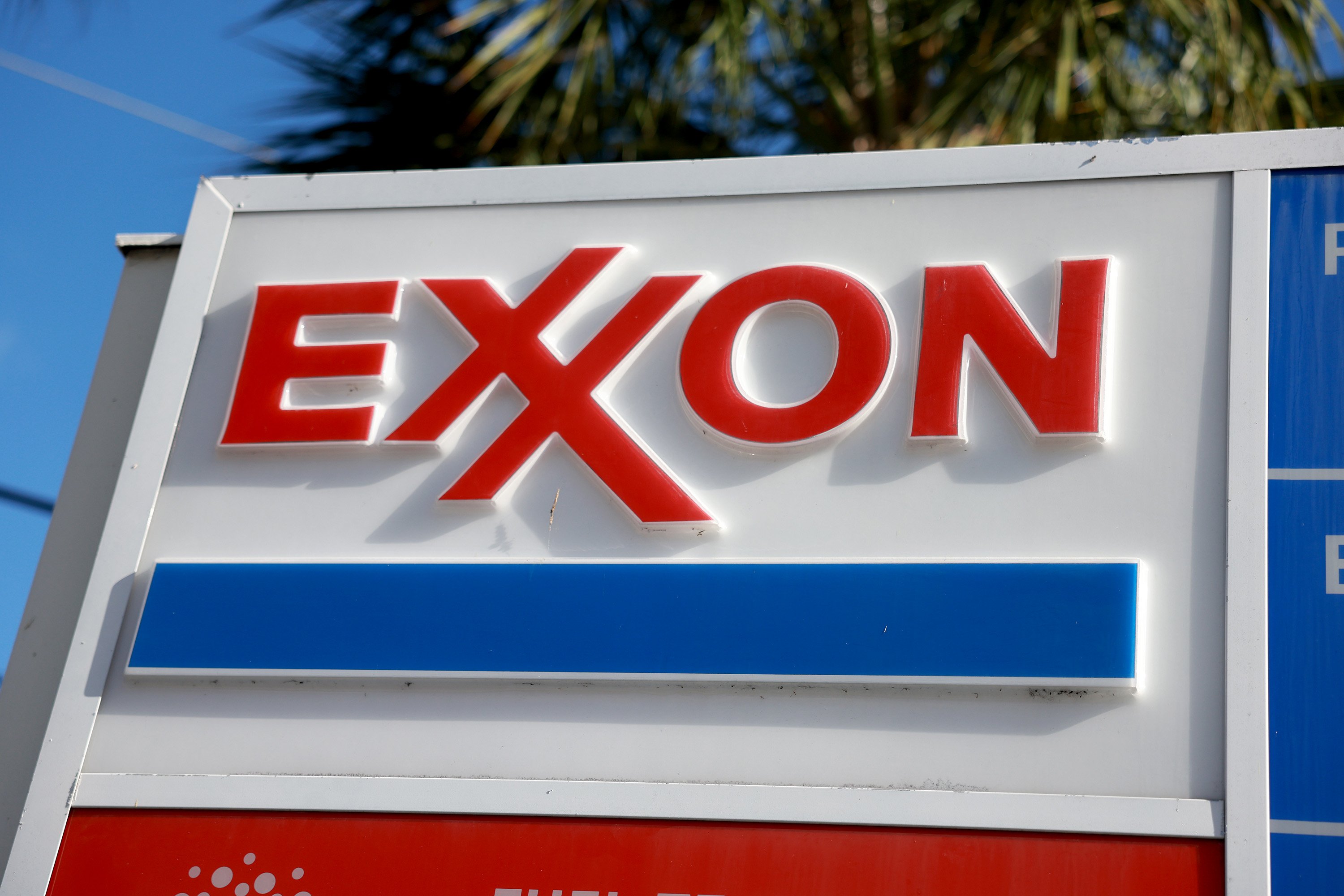Thirty. Two. Years.
That's how long it had been since oil industry juggernaut ExxonMobil (XOM +3.31%) last reported a quarterly loss. But when the top U.S. oil company reported Q1 2020 earnings on Friday, May 1, that streak was finally broken.
Headlines emphasize the company's $610 million loss, but that's far from the whole story. Here's what investors really need to know.

Image source: Getty Images.
By the numbers
| Metric | Q1 2020 | Q4 2019 | Q1 2019 | % Change (YOY) |
|---|---|---|---|---|
| Revenue | $56.2 billion | $67.2 billion | $63.6 billion | (11.6%) |
| Net Income (Loss) | ($610 million) | $5.7 billion | $2.4 billion | N/A |
| Earnings (Loss) per Share | ($0.14) | $1.33 | $0.55 | N/A |
| Adjusted Net Income | $2.3 billion | $1.8 billion | $2.4 billion | (4.1%) |
| Adjusted Earnings per Share | $0.53 | $0.41 | $0.55 | (3.6%) |
| Cash from Operations | $6.3 billion | $6.4 billion | $8.3 billion | (24.1%) |
DATA SOURCE: EXXONMOBIL. YOY = YEAR OVER YEAR.
As expected, everything from revenue to operating cash flow was down. Given that Q1 saw an oil price crash and coronavirus-related travel restrictions that caused demand to collapse, Exxon's modest drops in revenue and adjusted earnings are actually pretty impressive, especially compared to fellow major Royal Dutch Shell's 28.3% drop in revenue and 47.2% drop in adjusted net income.
That net loss, though: whew!
Here's the thing: the net loss was entirely due to the oil price collapse that occurred in early March. Because ExxonMobil's crude inventories were suddenly worth less at the end of the quarter than they were at its beginning, the company had to take a $2.9 billion write-down, which turned a $2.3 billion profit (shown above as "adjusted net income") into its first quarterly loss in three decades. The other oil majors saw the exact same issue knock their net incomes into negative territory.
Ho hum
Exxon's stock was down about 6% in morning trading after the announcement, about 3% more than the S&P 500. However, some of the most significant quarterly news actually came on April 29, when the company announced it would not be cutting its $0.87/share quarterly dividend. Relieved investors sent shares up about 5% on that news, so Exxon's shares actually finished the week in slightly positive territory, overall.
The other significant piece of news that ExxonMobil reiterated in its earnings release was a major reduction in 2020 spending. On April 7, CEO Darren Woods announced a 30% cut in 2020 capital spending, to $23 billion, and a further 15% cut in 2020 operating expenses. But this was old news.
ExxonMobil's other quarterly highlights paled in comparison to the insanity in the oil industry right now. With negative oil prices, OPEC+ deals, storage constraints, and the coronavirus all affecting the company, a 2% year-over-year increase in quarterly production and the 16th oil discovery in offshore Guyana seem like small potatoes. That's probably why the market reaction has been muted.
What management had to say
In a press release, Woods stated the obvious:
COVID-19 has significantly impacted near-term demand, resulting in oversupplied markets and unprecedented pressure on commodity prices and margins. While we manage through these challenging times, we are not losing sight of the long-term fundamentals that drive our business. Economic activity will return, and populations and standards of living will increase, which will in turn drive demand for our products and a recovery of the industry.
He went on to echo similar sentiments expressed by other Big Oil companies in their Q1 summaries: "Our company remains strong and we will manage through the current market downturn as we have for
decades. Today's circumstances are certainly unique, but our people have the experience, our
business has the scale, and we have the financial strength to see us through and emerge stronger than ever."
Woods provided no outlook or specific guidance.
Investor takeaway
Despite the scary-sounding first quarterly loss in 32 years, ExxonMobil's performance was solid, given the current condition of the oil industry. The company seems likely to continue its dividend payments, maintaining its important "Dividend Aristocrat" status. Dividend investors should consider it for its current 7.9% yield.
Other investors, however, should take Woods' warnings of "oversupplied markets and unprecedented pressure" seriously. The oil industry is not for the faint of heart right now, and adverse conditions may drag on for months or even years. ExxonMobil's size and strength will almost certainly see it through, but it's likely to be a very rough ride.






